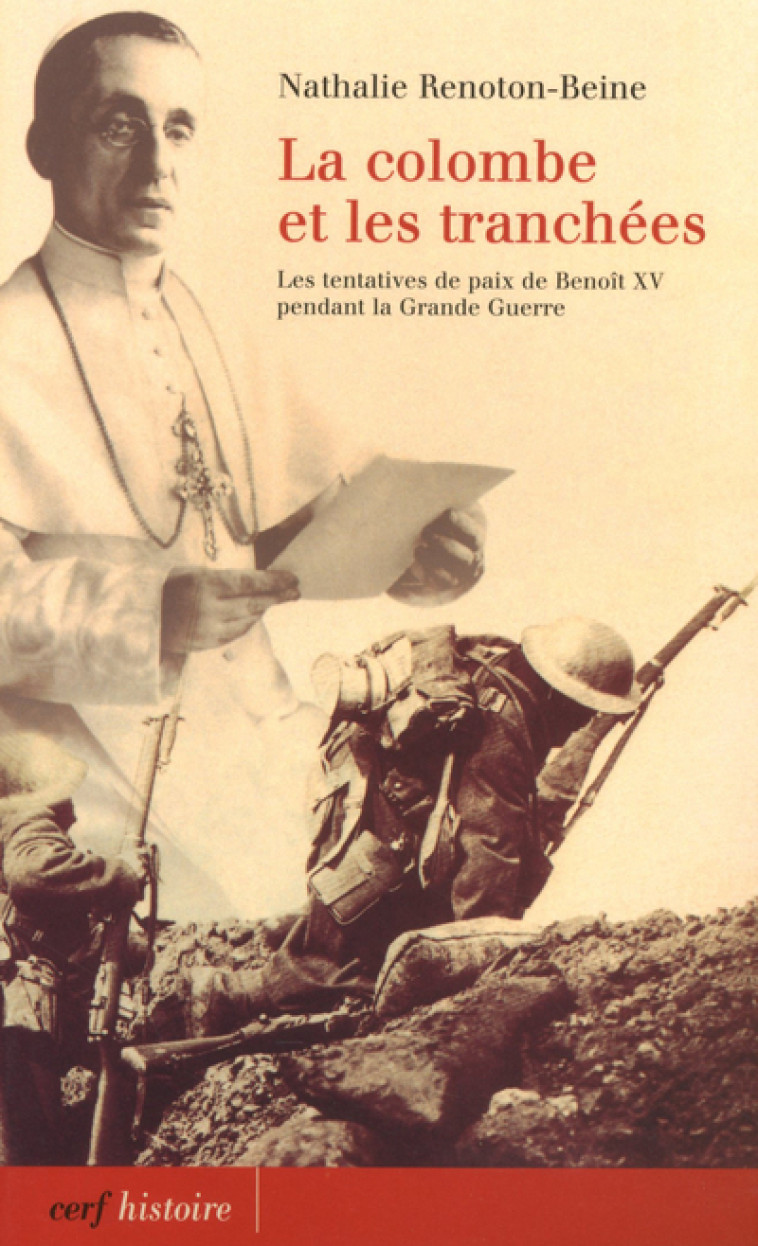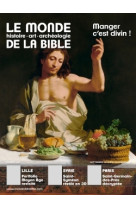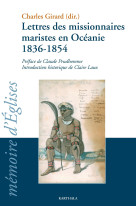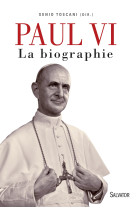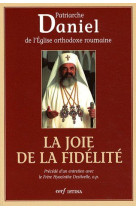Devant l'horreur des tranchées et l'enlisement de la guerre, Benoît XV, élu pape pendant la bataille de la Marne, s'interpose en espérant obtenir la fin des combats. Pour négocier une paix juste, fruit d'un compromis entre les différentes nations, prélats et émissaires vont inventer la diplomatie moderne du Vatican. La découverte en Allemagne et à Rome d'archives inédites a permis de retracer les débats et la stratégie de la curie romaine. Ce livre présente donc un incroyable feuilleton diplomatique qui dévoile les relations secrètes entre les pays et les avances faites au pape par les différentes puissances pour obtenir sa caution morale. Les initiatives de Benoît XV, si elles n'ont pu empêcher le suicidaire affrontement des nations chrétiennes, ont replacé définitivement le Saint-Siège au coeur de la diplomatie internationale. Le monde catholique en bénéficiera durablement : rétablissement des relations avec la France laïque et républicaine, concordats, reconnaissance de la souveraineté territoriale du Vatican.... Après la Grande Guerre, l'autorité morale de la papauté - qui n'a cessé de défendre les droits des peuples et de protester contre la barbarie du conflit moderne - est définitivement reconnue -- Confronted with the horror of the trenches and a seemingly unending war, Benoit XV, who was elected pope as the battle of the Marne was raging, intervened in the hope of bringing the combat to an end. In their efforts to negotiate a fair peace treaty - the fruit of a compromise between different nations - prelates and emissaries succeeded in creating modern Vatican diplomacy. The discovery in Germany and Rome of previously unpublished archives has enabled us to retrace the debates and the strategy of the Roman Curia. This book reads like an incredible diplomatic thriller, unveiling the secret relations between nations and the overtures made by different countries to the Pope to solicit his moral support. Benoit XV's initiatives, even if they were unable to put a stop to the suicidal confrontation between Christian nations, resituated the Holy See at the centre of international diplomacy for good. The world of Catholicism was to reap the benefits for many a year to come: the re-establishment of relations with secular and republican France, concordats, recognition of the Vatican's territorial sovereignty.... After the Great War, the moral authority of the papacy - which has never ceased to defend the rights of nations and to protest against the barbarous nature of modern conflict - was acknowledged for once and for all.

